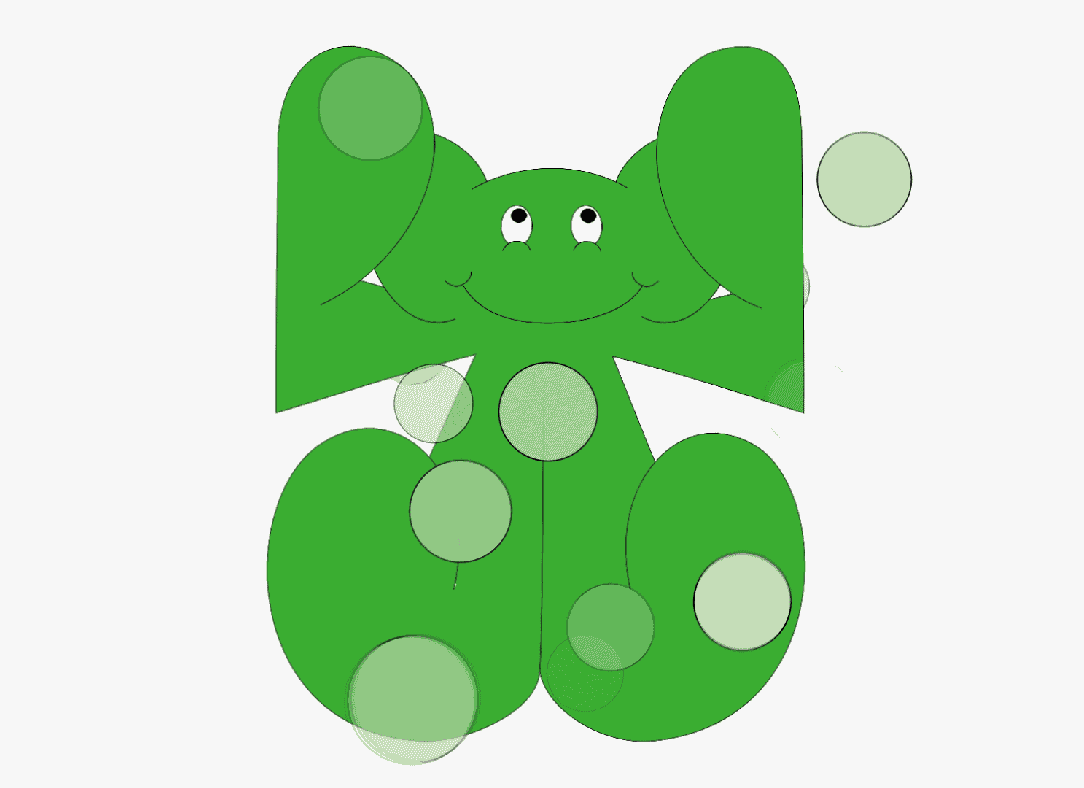Like This!
By Chus Martínez
Science has just confirmed what artists have long been practicing. A bird, alone, is unable to perform the very pirouettes that the same bird performs without hesitation when in a flock of thousands. Science considers this a crucial trait of a complex system. That is, individuals acquire capabilities in a group that they do not possess when they are by themselves. Who introduced this dream of simple things performing incredible effects in our minds? Artists have done this, historically. Science says complex systems are fundamental to life. Scientists say: «The behavior of the system is determined by the nature of the interactions, not by what is contained within the components. Since the interactions are rich, dynamic, fed back, and, above all, nonlinear, the behavior of the system as a whole cannot be predicted from an inspection of its components.» Science calls this «emergence.» Does it sound familiar?
Indeed, we do know about dimensions of experience, transformative thoughts, images, unpredictable possibilities born from simple components, like paint or a performance or a stone. Like the sun emerging from the oil paint and the canvas appearing so warm, and so real, over and over again in the works of Etel Adnan. And a forest? Yes, how could a forest and gardens of fruit trees emerge from just a piece of paper, just a drawing and a performance by Jimmie Durham? And thought? How could a reflection on language and its relation to the real and the mind appear simply from vinyl letters installed on certain walls by Lawrence Wiener? Are these miracles? No, this is simply what artists have done for centuries. They remind us that simple and even banal materials—wrought by the individual—can create possibilities for transformations that occur only in the collective substance and ethos called «art.» Art is indeed the bird flock in which we, single birds, learn to pirouette and perform in ways that allow our minds to survive the constraints of reality.
Oh! Those constraints have constrained us so much this past year, they almost prevent us from breathing… It is hard to imagine what to recommend besides remaining attentive to oneself and others in a humble but dynamic way. Many would like to forget our current conditions and do as if this too will pass and the old days will return. I do not think so or desire so. While thinking about the near future, we still need to reflect on what it is to be in the middle of «all this.» I imagine myself performing certain rituals. Asking those around me how they are, regularly. Like a Sufi dancer, I imagine every single one of us expanding our hands, creating some circles, and being sure those circles are inhabited by people we care about. I imagine us in offering. We are so tired and yet, we can offer a little bit of us, still, in conversation, in a message, in the wish to go for a walk, a tea, a drink, a drawing that is sent in the mail, an e-mail with an unexpected song, a memory that bonds us… I imagine nothing major, but this circle dancing with extended arms repeating, daily. Neither nostalgic, nor sentimental, just rigorous. Touching each other daily so that we can experience a sense of togetherness that may give us—later, when not so exhausted—a sunset, again, as Etel did over and over again. We lost many dear, dear people, this year… leaving us trembling.
You got me. Yes, lately, I have been indulging in reading Rumi, Persian poet of the 13th century. Oh my age! I remember so clearly a younger me making fun of a teacher of mine—Hamid—who I adore and annoyed, for quoting Rumi every two sentences. And here I am! Like him! Oh, let me quote the poem we were forced to learn by heart! Let me remind you that education is the most precious substance and resource that we have, because it acts on the mind even years after you have had the privilege to be exposed to it. Like this!
Like This
If anyone asks you
how the perfect satisfaction
of all our sexual wanting
will look, lift your face
and say,
Like this.
When someone mentions the gracefulness
of the night sky, climb up on the roof
and dance and say,
Like this.
If anyone wants to know what «spirit» is,
or what «God’s fragrance» means,
lean your head toward him or her.
Keep your face there close.
Like this.
When someone quotes the old poetic image
about clouds gradually uncovering the moon,
slowly loosen knot by knot the strings
of your robe.
Like this.
If anyone wonders how Jesus raised the dead,
don’t try to explain the miracle.
Kiss me on the lips.
Like this. Like this.
When someone asks what it means
to «die for love,» point
here.
If someone asks how tall I am, frown
and measure with your fingers the space
between the creases on your forehead.
This tall.
The soul sometimes leaves the body, then returns.
When someone doesn’t believe that,
walk back into my house.
Like this.
When lovers moan,
they’re telling our story.
Like this.
I am a sky where spirits live.
Stare into this deepening blue,
while the breeze says a secret.
Like this.
When someone asks what there is to do,
light the candle in his hand.
Like this.
How did Joseph’s scent come to Jacob?
Huuuuu.
How did Jacob’s sight return?
Huuuu.
A little wind cleans the eyes.
Like this.
When Shams comes back from Tabriz,
he’ll put just his head around the edge
of the door to surprise us
Like this.
«Like This,» from The Essential Rumi, with translations
by Coleman Barks with John Moyne.
Graphic by Ana Domínguez
Animation by Esther Hunziker
Sound by Milton, freesound.org



